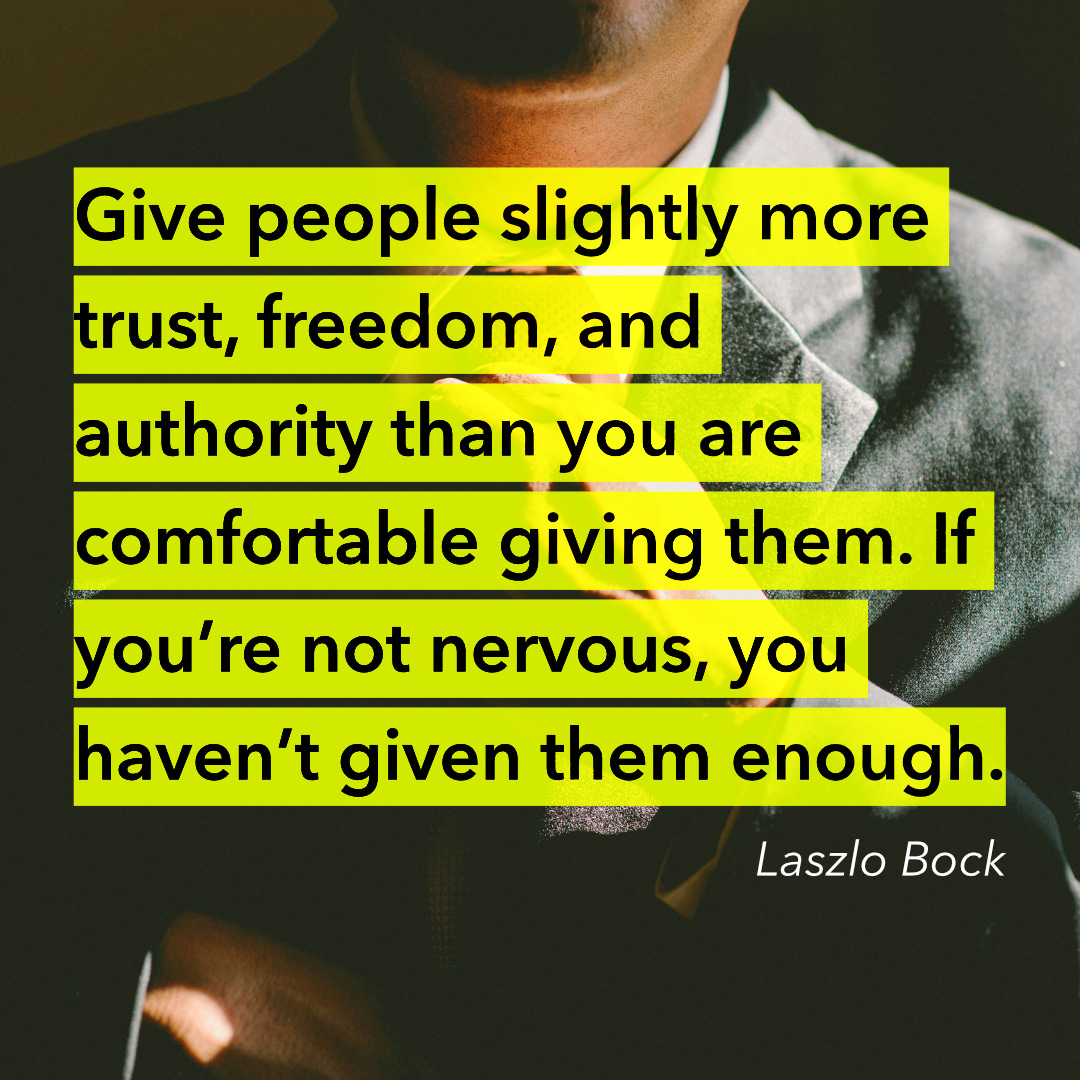Thin Out the Ruleforest
Fewer rules mean less chaos, as Hans Monderman's shared space concept in traffic shows. Similarly, in organizations, fewer rules promote engagement and responsibility.
Lenin made the unfortunately not entirely unfounded observation: "Revolution in Germany? It'll never work; when those Germans want to storm a train station, they'll buy a platform ticket!"
Everything has to be in order here in good old Germany.
That's why lawn edges are so popular in Germany. And that's why the myth persists that most of the world's tax literature concerns German tax law. We are well known and appreciated for our conscientiousness and sense of order, even if we occasionally overdo it. Our relationship with creative chaos is strained, to put it mildly.
Of course, there are always good reasons for another rule, a new instruction, or a new process. After all, every eventuality must be considered, every special case regulated, and every abuse prevented.
Where would we end up otherwise?
That's a good question, which is why the Dutch traffic planner Hans Monderman went and looked, for example, at the busiest intersection in Drachten. Two two-lane main roads with 22,000 cars, 5,000 cyclists, and numerous pedestrians meet there (as of 2005). Of course, rules, signs, markings, traffic lights, and a clear spatial separation of cars, cyclists, and pedestrians are needed. Everything must be regulated. However, when we treat people like children, they behave like children, or in the words of Hans Monderman: "When you treat people like idiots, they'll behave like idiots."
This overregulation is unnecessary, as Monderman proved with his shared space concept. No cycle lanes, road markings, right-of-way signs, traffic lights, and not even sidewalks bring order to the chaos. Hans Monderman liked to demonstrate how well this works by walking backward with his eyes closed across one of "his" intersections.
Where rigid rules no longer regulate coexistence, confusion reigns. That is precisely the goal because now, people have to think and communicate. There is much more eye contact, and everyone pays more attention to other people instead of traffic lights and their right of way. This concept has led not only in Drachten but also in various other cities with the shared space concept to lower speeds and, as a result, to a better flow of traffic and significantly fewer accidents.
Let's focus more on shared values and fundamental principles not only on the streets but also in our organizations. Instead of a plethora of rules, let's trust the people and their good judgment, as Laszlo Bock, the former HR boss at Google, calls for (Bock, 2016, p. 365): "Give people slightly more trust, freedom, and authority than you are comfortable giving them. If you're not nervous, you haven't given them enough."
Literature
Bock, L. (2016). Work rules! Insights from inside Google that will transform how you live and lead (First published in paperback). John Murray.
More inspiration is in the upcoming English translation of my "Manifesto for Humane Leadership." Check it out on Leanpub.





